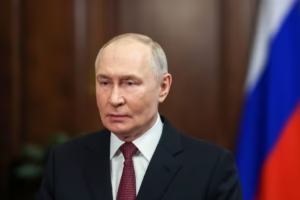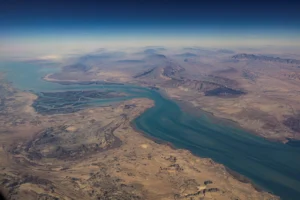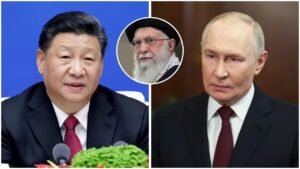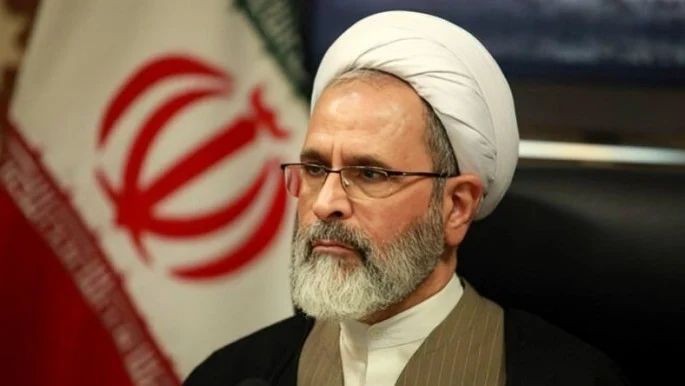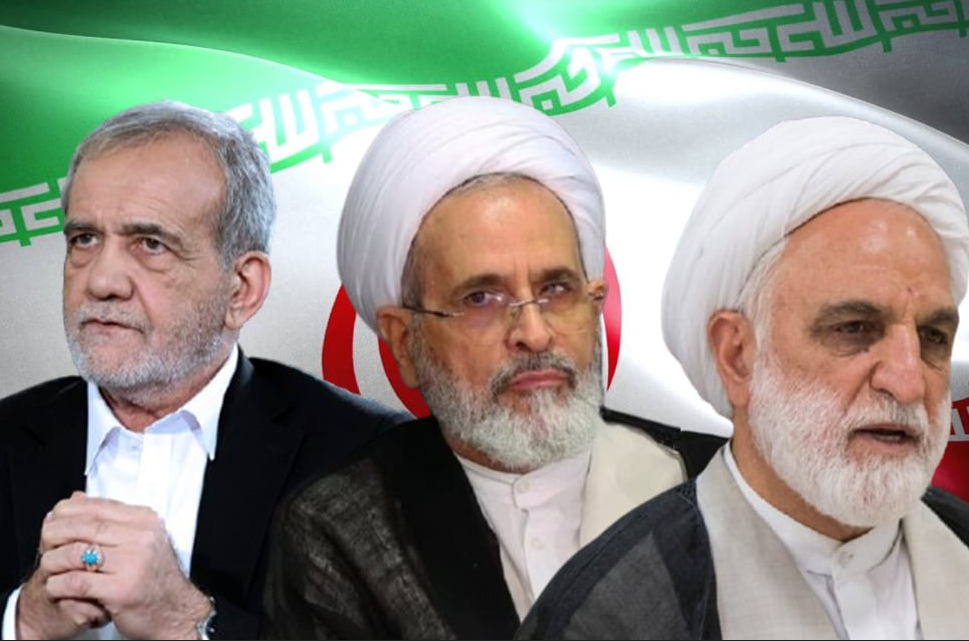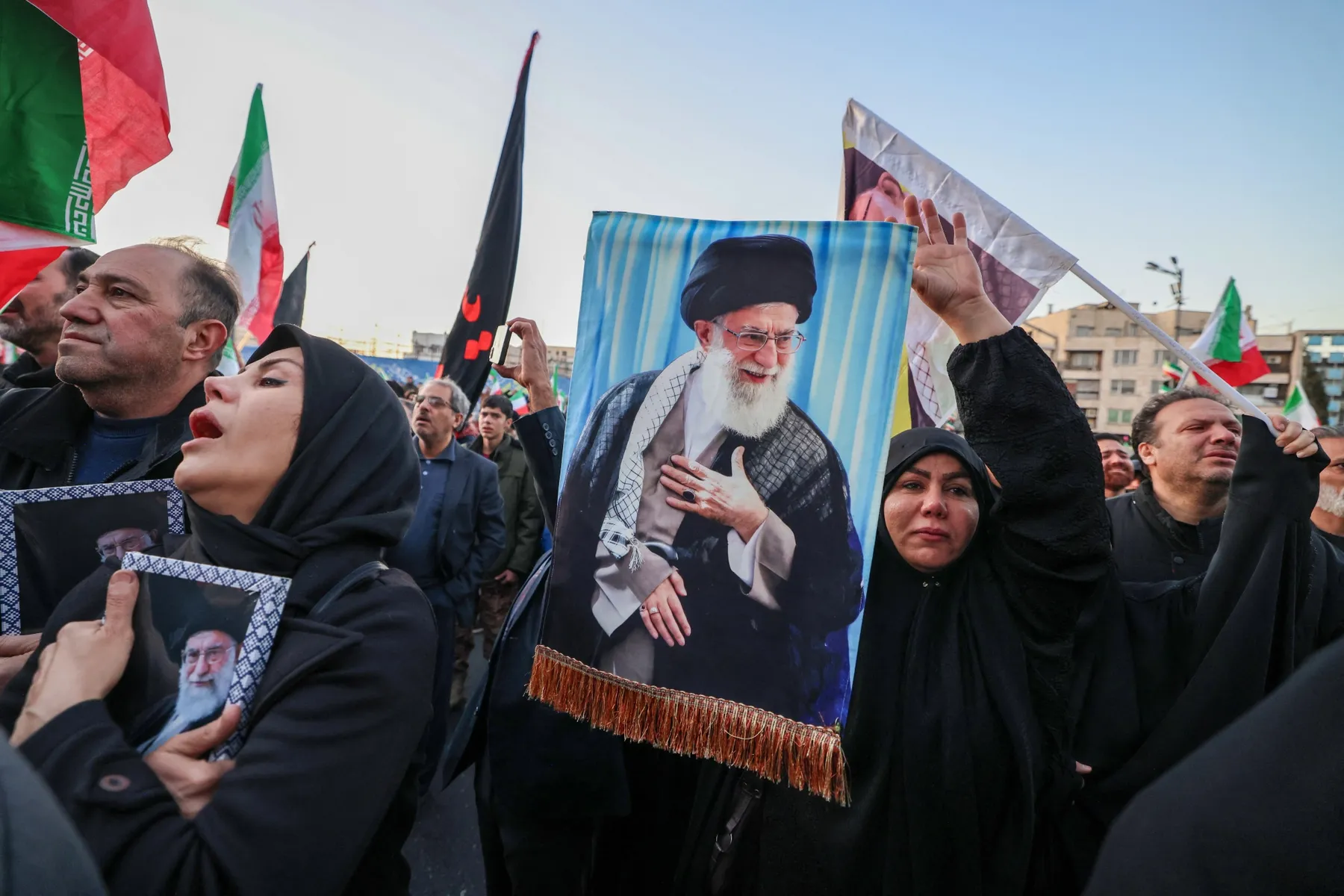Tensions between Iran, America, and Israel have sharply increased amid growing concerns over nuclear programs and regional security. Experts warn that political moves and military decisions could further destabilize the Middle East.
The strained relations focus on Iran’s nuclear capabilities and America’s strategic response. Israeli officials have repeatedly expressed worry about Iran’s progress in nuclear development, prompting calls for international intervention.
Former U.S. President Donald Trump’s policies continue to influence current American strategies toward Iran. Analysts note that his administration’s decisions on sanctions and military presence have set a precedent affecting today’s diplomatic approaches.
Iranian leadership, including the Supreme Leader, has emphasized the country’s right to pursue nuclear technology, claiming it is for peaceful purposes. However, Western nations remain skeptical, fearing the potential for weaponization.
Israel’s involvement is seen as a key factor in the regional balance. Military and governmental officials in Israel have stressed that any significant nuclear advancement by Iran could trigger defensive measures. Intelligence sharing between America and Israel continues to shape their joint approach to the issue.
Recent reports suggest that tensions are not limited to political rhetoric. Military drills, public statements, and the circulation of strategic information indicate a highly sensitive situation. Experts suggest that miscommunication or misinterpretation could escalate the crisis.
Despite these tensions, diplomatic channels remain partially active. Negotiations through international organizations aim to monitor and regulate Iran’s nuclear activities. While the talks face challenges, they provide a framework for reducing the risk of armed conflict.
Analysts also highlight the influence of media and public perception. News coverage, videos, and social media discussions often amplify fears, shaping the global narrative around nuclear risks and political leadership.
The role of America is particularly significant. Washington continues to balance pressure on Iran with efforts to maintain alliances in the region. Former officials, including those who served under Trump, have commented on the long-term effects of past policies and the importance of strategic consistency.
Iranian authorities remain firm on their stance, asserting that nuclear programs are essential for energy independence and scientific progress. Meanwhile, Israel maintains vigilance, preparing contingency plans in case of escalation.
Experts warn that any misstep could have international consequences. Regional conflicts could draw in multiple nations, impacting global security and economic stability. They urge measured diplomacy and transparency in communications.
The ongoing situation highlights the delicate balance between national sovereignty and global security concerns. With America, Israel, and Iran at the center, the world watches closely for developments that could reshape diplomatic and military strategies.
International observers continue to stress the need for cooperation and adherence to nuclear agreements. While tensions remain high, continued dialogue and monitoring may help prevent a full-scale conflict.
The current climate underscores the complexity of Middle East politics. Leaders and analysts agree that the path forward requires careful negotiation, strategic foresight, and international cooperation to address nuclear proliferation and maintain regional peace.

